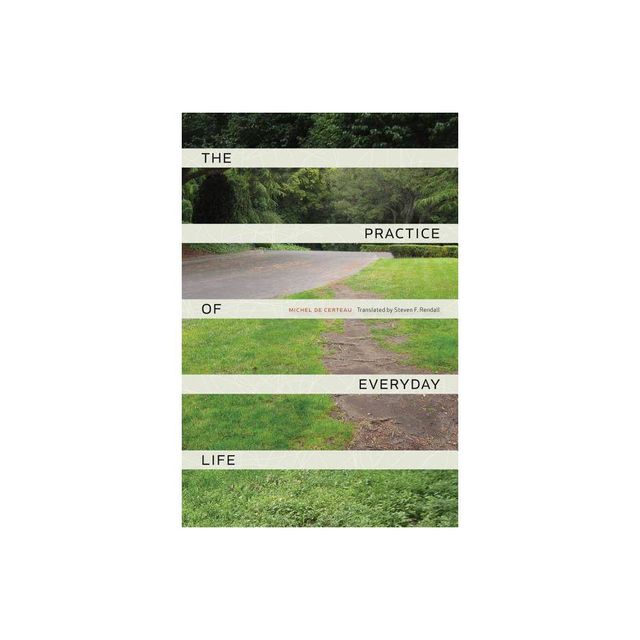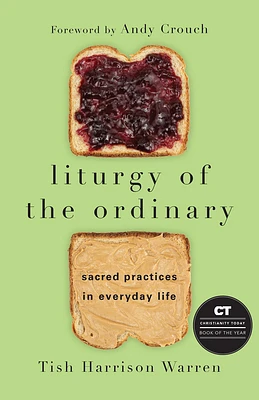Home
Cairo collages: Everyday life practices after the event
Loading Inventory...
Barnes and Noble
Cairo collages: Everyday life practices after the event
Current price: $130.00


Barnes and Noble
Cairo collages: Everyday life practices after the event
Current price: $130.00
Loading Inventory...
Size: Hardcover
*Product Information may vary - to confirm product availability, pricing, and additional information please contact Barnes and Noble
Cairo is a city of collective exhaustion. From the 2011 revolution to Sisi’s seizure of power in 2013, like millions of others, Mona Abaza was swallowed by a draining and exhausting daily life of a city caught up in the aftermath of revolt – a daily life that transformed countless people into all-embracing apolitical subjects.
Cairo collages narrates four parallel tales about Cairo’s urban transformations in the twenty-first century, examining everyday life and resilience after 2013. Weaving personal narrative with incisive theoretical discussions of the quotidian and the everyday, Abaza raises essential sociological questions regarding global orientations pertaining to emerging military urbanism. With reflections on the long hours of commuting to the gated communities in the desert east of Cairo and the daily material lives and social interactions of residents in decaying middle-class buildings, Abaza’s collage of landscapes weaves together the transmutations underway in the various Cairene geographies.
Cairo collages narrates four parallel tales about Cairo’s urban transformations in the twenty-first century, examining everyday life and resilience after 2013. Weaving personal narrative with incisive theoretical discussions of the quotidian and the everyday, Abaza raises essential sociological questions regarding global orientations pertaining to emerging military urbanism. With reflections on the long hours of commuting to the gated communities in the desert east of Cairo and the daily material lives and social interactions of residents in decaying middle-class buildings, Abaza’s collage of landscapes weaves together the transmutations underway in the various Cairene geographies.

















